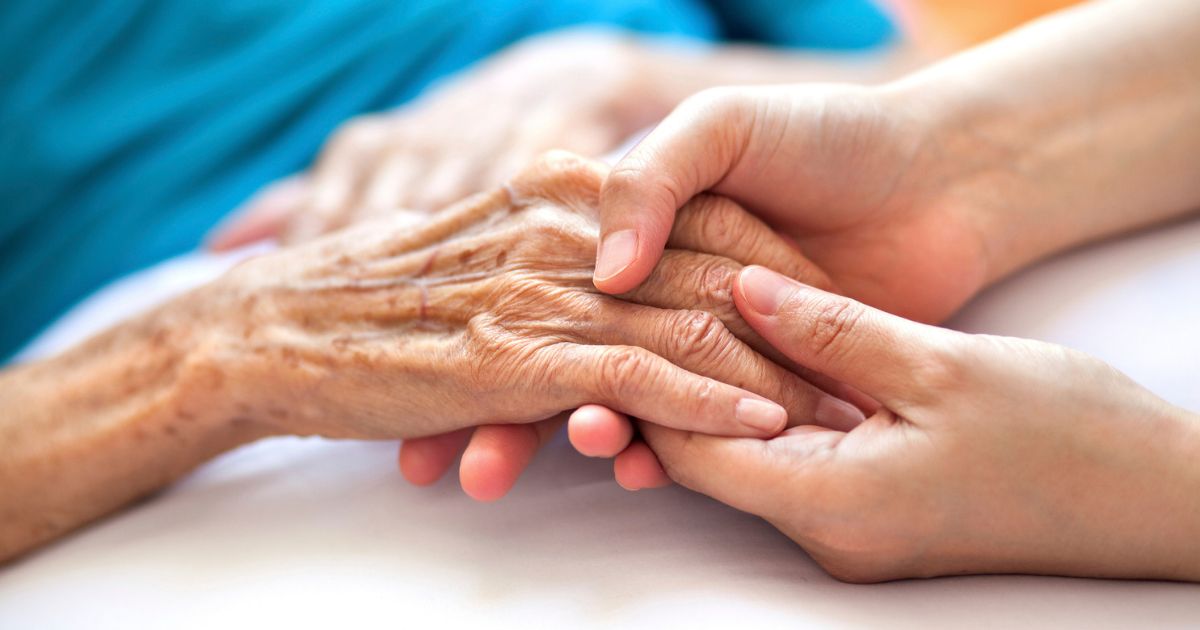Caring for an aging parent or loved one is a labor of love, but it can also lead to emotional, physical, and mental strain. Caregiver burnout is considered a hidden cost of caregiving, and it can affect your health, happiness, and the quality of care your loved one receives. Recognizing the signs and seeking compassionate support can make a huge impact for both you and your loved one.
This blog from Emory Mills discusses the hidden costs of caregiver burnout, what signs to watch for, and what you can do about it.
Understanding Caregiver Burnout
Caregiver burnout is a state of physical, emotional, and mental exhaustion caused by the ongoing demands of caring for someone else. This type of burnout often happens gradually, making it difficult to identify before it becomes overwhelming.
What Are the Hidden Costs of Caregiver Burnout?
- Emotional strain: Chronic stress can lead to anxiety, depression, and feelings of resentment or guilt. Many people withdraw from activities they once enjoyed and also friends and family.
- Physical health: Caregivers are at risk of physical health problems, including high blood pressure, insomnia, and a weakened immune system. Neglecting your own health can lead to frequent sickness or even a chronic condition.
- Mental fatigue: Continuously worrying and making difficult decisions can put caregivers at risk of memory lapses, difficulty concentrating, and mental exhaustion.
- Relationships impact: Caregivers often experience strained relationships, which can cause frustration, impatience, and a lower quality of caregiving.
Signs of Caregiver Burnout
If you are experiencing several of the following signs, you may be dealing with caregiver burnout:
- Unexpected weight loss or gain
- Easily irritated or angry
- Overwhelmed or worried
- Frequent headaches, body aches, or other physical concerns
- Overly tired and physically exhausted
- Lack of interest in previous activities
Is it time for in-home care? 7 signs your loved one may need extra support >>
What You Can Do About Burnout
Seek additional support for yourself and your loved one when you recognize signs of caregiver burnout. Choosing compassionate support can help you maintain your health and preserve your relationship with your loved one.
Here are a few options:
- At-home care: A professional home care agency provides respite, companionship, and assistance with activities of daily living, allowing you to rest and your loved one to thrive.
- Assisted living and memory care communities: An assisted living and memory care community is designed so older adults can thrive, pursue interests, socialize, and strengthen relationships with their families.
- Support groups: A support group provides a safe and supportive place for families in similar situations to connect and offer practical advice and emotional relief.
Caring for an aging loved one is both challenging and rewarding. You can protect your own well-being and nurture a healthier relationship with your loved one by recognizing the hidden costs of caregiver burnout and seeking additional support when needed.
Discover the peace of mind senior living communities can provide >>
Find Compassionate Care and Specialized Support at Emory Mills
Offering a scenic view of the valley with the convenience of city living, family-owned Emory Mills provides assisted living and memory care to older adults. The comforting, secure, and homelike environment supports each individual with person-centered care and the specialized and research-based I’m Still Here ® approach to meaningful and purposeful living, also known as The Hearthstone Difference.
Download our Successful Transitions guide to learn more about moving a loved one to an assisted living and memory care community.







